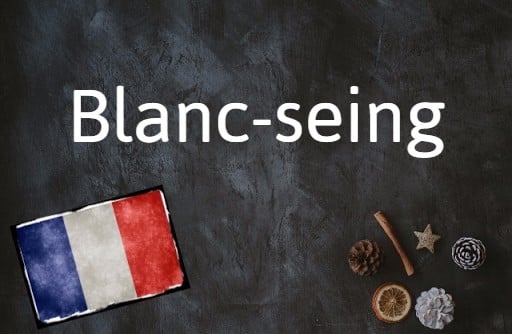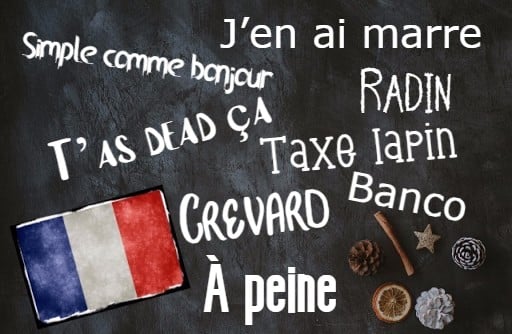Why do I need to know blanc-seing?
Because it’s difficult to decipher when you first come across it, but once you know what it means, it’s easy enough to use.
What does it mean?
Blanc in this context means “blank”, and seing is an outdated term for “signature” which is rarely used today outside of this specific phrase.
Put them together and you get a blank document that’s been signed, similar to the idea of a blank cheque in English. The document in question doesn’t have to be a cheque, though, so it’s about giving someone the power to do as they please, it doesn’t just refer to money.
Once you’ve signed it the other party can write in whatever terms they wish and you have no choice but to go along with it. It’s pretty much the same as the term carte blanche, which can be used in English or in French, and also means “blank sheet”.
The term is most often used in the phrase donner un blanc-seing à quelqu’un – to give someone free rein.
It’s most commonly used in politics, where it often acts as a criticism. During recent debates over giving the government the power to extend the Covid health pass at any point until July 2022, MPs denounced a blanc-seing given to the government to implement restrictions without consulting parliament.
Le projet de loi #VigilanceSanitaire prétend donner un blanc-seing jusqu’au 31 juillet 2022.
Ce gouvernement est devenu « accro » au régime d’exception qui lui permet d’agir à sa guise et sans contrôle.
Retour sur mon passage hier soir sur @LCP . pic.twitter.com/QXYO1BpQpZ— Stephane Peu (@stephane1peu) October 20, 2021
Although it usually means “white”, the word blanc often stands in for the English word “blank”, as in the term page blanche (blank page), or the expression j’ai un blanc (I’m blanking).
The presence of the g in the second half of the term is misleading. While it can be tempting to pronounce it like the English word “seeing”, the g is in fact silent meaning there is only one syllable – it’s pronounced the same as sein (breast). Since French speakers don’t pronounce the c in blanc either, the whole thing becomes bloh-sah.
Use it like this
J’ai donné un blanc-seing à mon architecte d’intérieur – I gave my interior decorator free rein
Les Français ont voté pour Emmanuel Macron mais ils n’ont pas voulu lui donner un blanc-seing pour réformer le Code du travail – The French voted for Emmanuel Macron but they didn’t want to give him carte blanche to reform French labour law



 Please whitelist us to continue reading.
Please whitelist us to continue reading.
Member comments